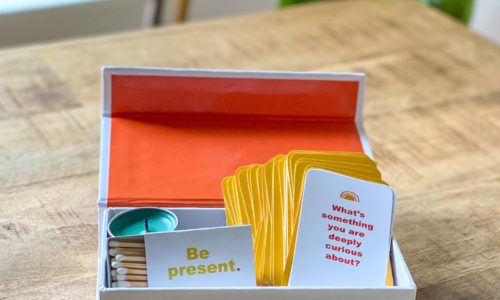During a recent Socratic discussion, a six-year-old reminded her peers that they need to listen and not just hear.
This led to a rich discussion about what listening is. They decided that too often their studio-mates only hear, not listen.
The Eagles went on to define hearing as: “the words go into their head but they don’t really think about them.” They continued saying listening includes hearing but there’s more. They proceeded to write down on a white board what listening means: hearing + knowing + understanding; asking questions; applying; being attentive; focusing on what they are saying and doing; participating in what they are saying; staying focused; thinking and remembering.
Melissa Wzorek, founder of Acton Academy Palantine, shared this story on our Acton Academy founder’s forum – our global, daily and rich collaborative discussion group.
She closed her email with these words: “Can you imagine what it is going to be like when these Eagles are in charge? I Can’t wait!”
In response to this story, Erin Decker, founder of Deep Creek Learning Center, an Acton Academy in Perkiomenville, PA, wrote:
“We recently had a similar conversation that started in our Writer’s Workshop regarding showing versus telling.
The discussion started out looking at the difference between the two in regard to descriptive language in our writing. It ended with one of our heroes making the connection to an apology. “Saying sorry is telling someone you are sorry. Changing your actions and choosing to do better is showing you are sorry.”
Lessons I learned from these children:
- Listen to the youngest. Sometimes they are the ones who take a strong stand and create change.
- I need to practice listening better – especially with my children. It takes all of me to listen. Not just my ears.
- Saying I’m sorry isn’t enough. I want to show when I’m sorry.
- Words matter.
- Clarity matters.
- Children are often better than adults at getting to the heart of the matter.


